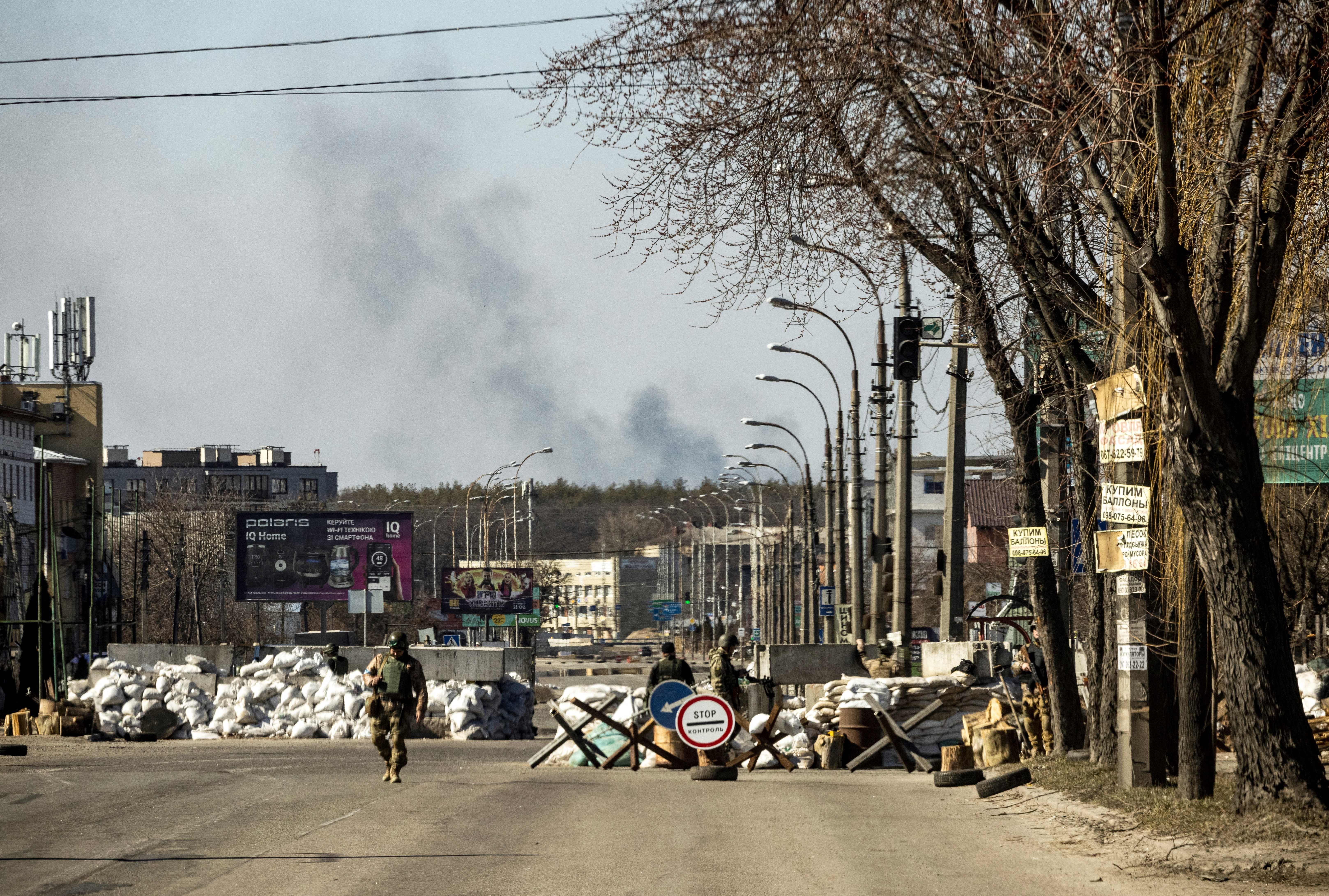The Russian invasion of Ukraine has had profound consequences for politics across the Middle East, and this is especially true for Russia-Iran relations and security ties. While Tehran initially accepted Moscow’s rationale for the invasion and attempted to show its political support in the United Nations General Assembly, Iran has remained cautious about fully backing the war, even as it seeks to benefit from resulting trade and security opportunities. For its part, however, Moscow initially emerged as a spoiler in attempts to revive the so-called Iran nuclear deal.
The Middle East Institute (MEI) is pleased to organize a series of expert panels to shed light on the complex relationship between Russia and Iran. The first panel in the series will bring together renowned experts to discuss key questions, including: How has Iran interpreted the Russian invasion and tried to adjust accordingly? What does Moscow expect from Tehran? How might uncertainties about Russia’s future role in the global order impact Iran's "look to the East” policy, both in general and toward Russia specifically? And how might the war change the foundations of Russia-Iran relations?
Speakers:
Vali Nasr
Professor of Middle East Studies at Johns Hopkins School of Advanced International Studies
Elaheh Koolaee
Professor of Political Science and Area Studies at the University of Tehran
Mark Katz
Professor of Government and Politics at George Mason University
Alex Vatanka
Director of Iran Program and Senior Fellow at MEI
Abdolrasool Divsallar
Non-resident Scholar at MEI
Five key takeaways:
- The Russian invasion of Ukraine has caused little change in the Russian-Iranian relationship: Alex Vatanka, the director of MEI’s Iran program, highlighted that the Russian-Iranian relationship has been “business as usual” since Russia’s invasion of Ukraine. From Russia’s perspective, there is still no long-term strategic vision for Russian companies in the Iranian market. From Iran’s perspective, Russia is still the Islamic Revolution’s global protector but also a growing competitor as a sanctioned country that needs to discount its oil for global markets. Iran and Russia are already competing in the Chinese oil market.
- Sanctions on Russia have increased Iran’s economic prospects in Europe: Mr. Vatanka also mentioned how Western sanctions on Russia have limited Russia’s natural gas and oil supply to Europe, creating a gap in the market that Iran could fill. Professor of Middle East Studies Vali Nasr explained that Iran has taken notice of and become excited by this newfound need for Iranian oil. For the first time in recent history, Europe is intent on isolating Russia over isolating Iran, which has provided a slim potential opening for Iranian engagement with Europe. However, Mr. Vatanka argued that Supreme Leader Ali Khamenei will refuse to replace the Russian role in Europe because he feels beholden to Russia and does not want to risk angering President Vladimir Putin.
- Russia could use Iran to resist American sanctions: Professor of Politics Mark Katz noted that Moscow hopes Iran will continue to “play spoiler” with the United States in order to maintain Iran as its leverage point over sanctions. Moscow also hopes Iran will restrict aggression toward the Gulf states and Israel in order to preserve Russia’s positive relationship with these countries, which have expressed limited support for Ukraine so far.
- The Russian invasion of Ukraine has complicated the IRGC’s foreign policy strategy: Professor Nasr established that the IRGC currently perceives Russia as a means to balance against American global hegemony. Thus, as Russia is progressively weakened by the war, Iran may look to China to fulfill this critical role. Additionally, Russia’s footprint in the Middle East may shrink, particularly in Syria, so the IRGC will likely re-evaluate how it can emphasize its presence there.
- The Russian invasion of Ukraine has not affected American considerations on the JCPOA negotiation process: Professor Nasr stated that the Biden administration is treating JCPOA negotiations separately from the Russian invasion. He argued that the United States is oblivious to the impact of the invasion on the psychology of the Middle East. Iran perceives that the balance of power in negotiations has shifted in its favor because the United States does not have the capacity for military intervention in the Middle East, which could embolden it during the negotiations process. However, Mr. Vatanka contended that Iran would be mistaken to believe that circumstances are in its favor, especially considering the abysmal state of its economy and public opposition to the Islamic Republic’s domestic and foreign policies.
Photo by FADEL SENNA via Getty Images












